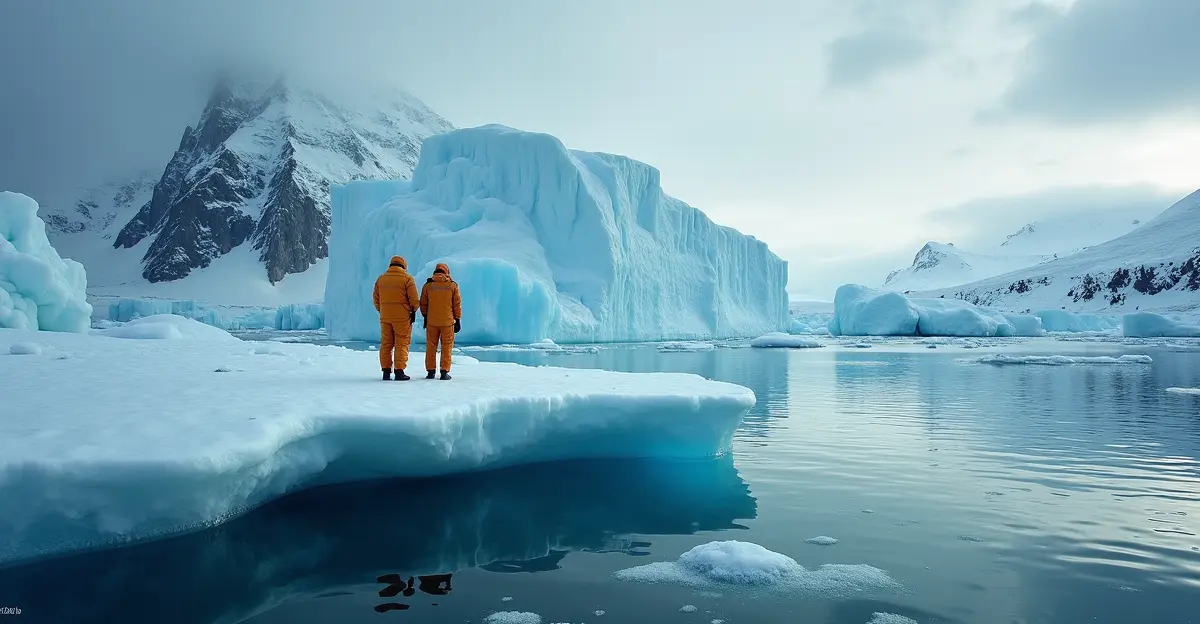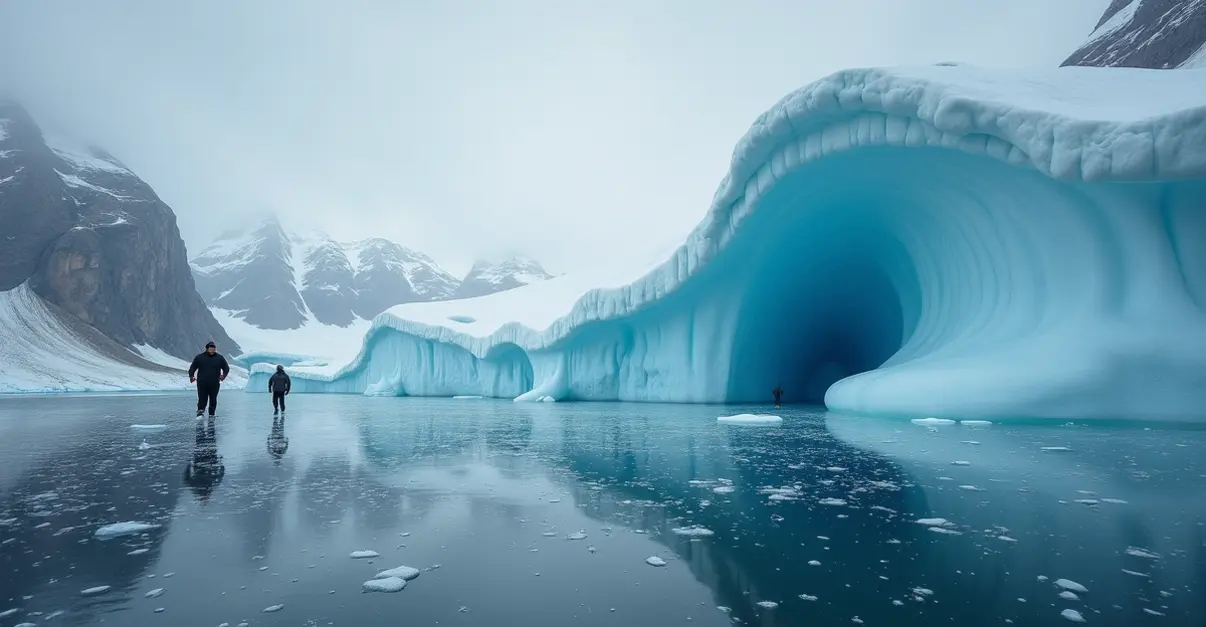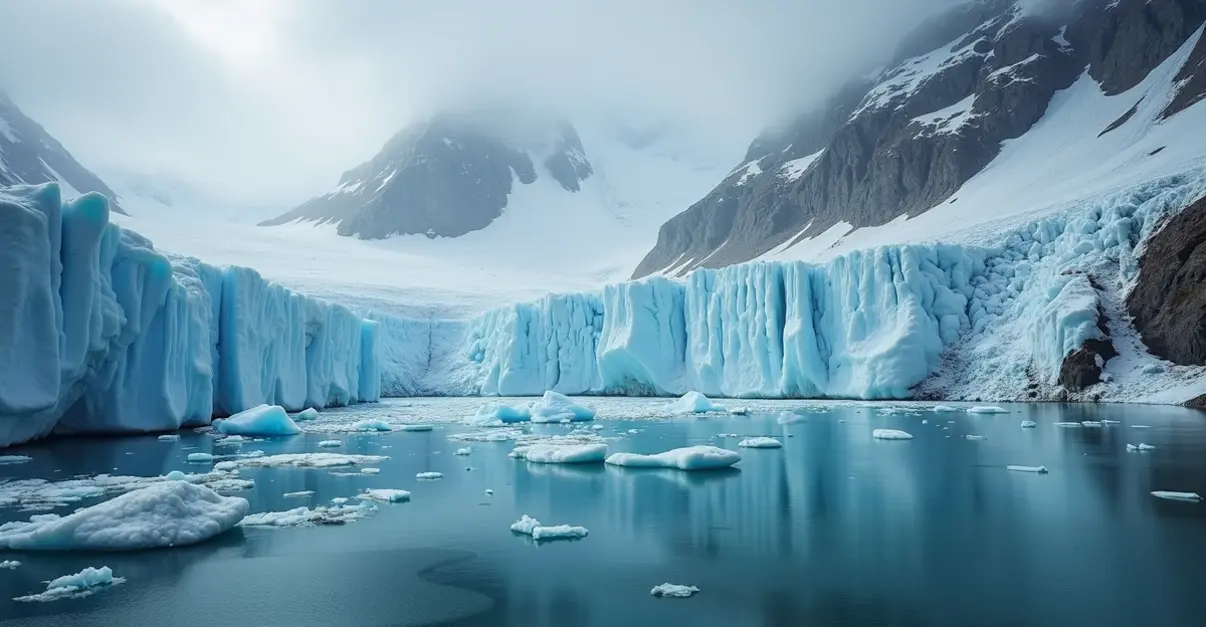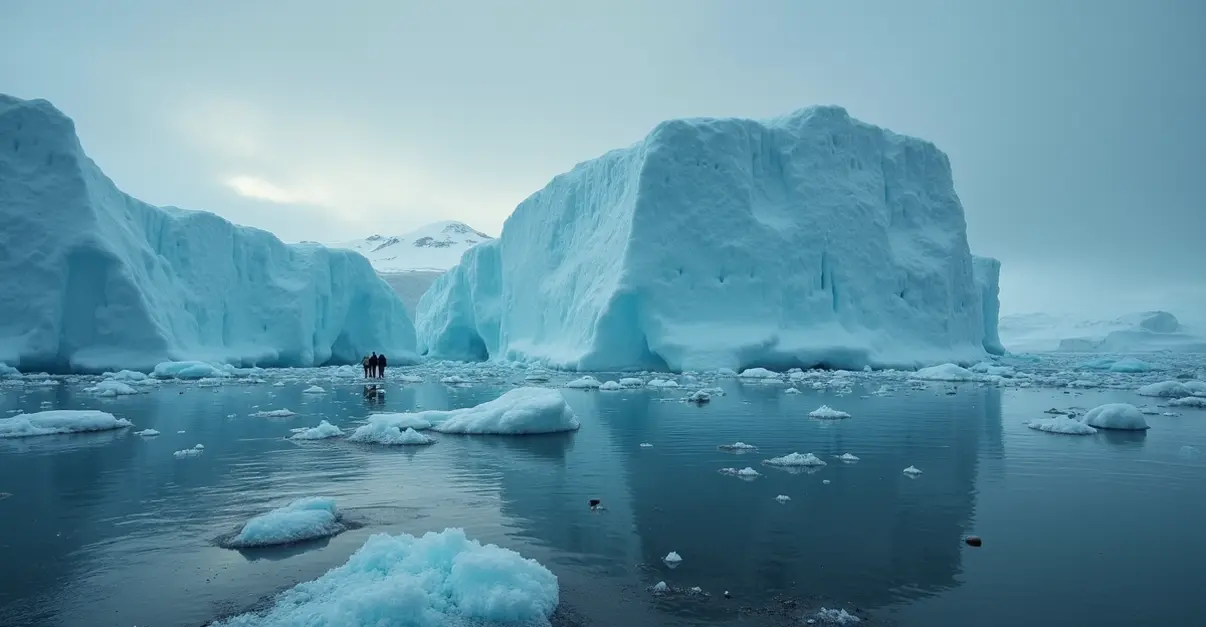New Projections Show Alarming Increase
Climate scientists have released updated sea level rise projections indicating significantly higher increases than previously estimated. According to the latest research, global sea levels could rise by up to 1.9 meters by 2100 under high-emission scenarios, with even low-emission pathways showing substantial increases. These findings emerge from improved modeling techniques that better account for ice sheet dynamics and thermal expansion of seawater.
Drivers of Accelerated Rise
The acceleration stems from two primary factors: melting ice sheets in Greenland and Antarctica, and thermal expansion of seawater as oceans absorb excess heat. Greenland alone is losing approximately 9 billion liters of ice per hour, while Antarctica's Thwaites Glacier (dubbed the "Doomsday Glacier") is disintegrating faster than anticipated. Ocean temperatures reached record highs in 2023-2024, having absorbed over 90% of excess heat from greenhouse gas emissions since 1971.
Global Impacts and Vulnerable Regions
The updated projections show Pacific island nations face the most immediate threat, with NASA predicting an additional 15cm rise within three decades even with controlled emissions. Coastal regions housing nearly 900 million people are at acute risk, particularly in Bangladesh, China, India, and the Netherlands. Storm surges amplified by higher sea levels threaten critical infrastructure, with nearly 1,100 essential US coastal buildings projected to face monthly flooding by 2050.
Adaptation Strategies Emerge
Nations are implementing diverse adaptation measures: Fiji has relocated six villages with 42 more recommended for relocation; South Korea and the Maldives are testing floating homes; while Denmark, Germany and the UK are strengthening coastal defenses. The UN recently held its first dedicated Sea Level Rise meeting, proposing AI-powered monitoring systems and treaties to protect statehood for submerged nations.
Irreversible Changes Ahead
Scientists warn that 1-2 meters of sea level rise is now unavoidable due to past emissions. The World Economic Forum's Global Risks Report 2025 ranks "critical change to Earth systems" as the world's third-largest threat. Researchers emphasize that while adaptation is crucial, reducing emissions remains vital to prevent worst-case scenarios where sea levels could eventually rise by 19-22 meters if warming peaks at 5°C.

 Nederlands
Nederlands
 English
English
 Deutsch
Deutsch
 Français
Français
 Español
Español
 Português
Português










